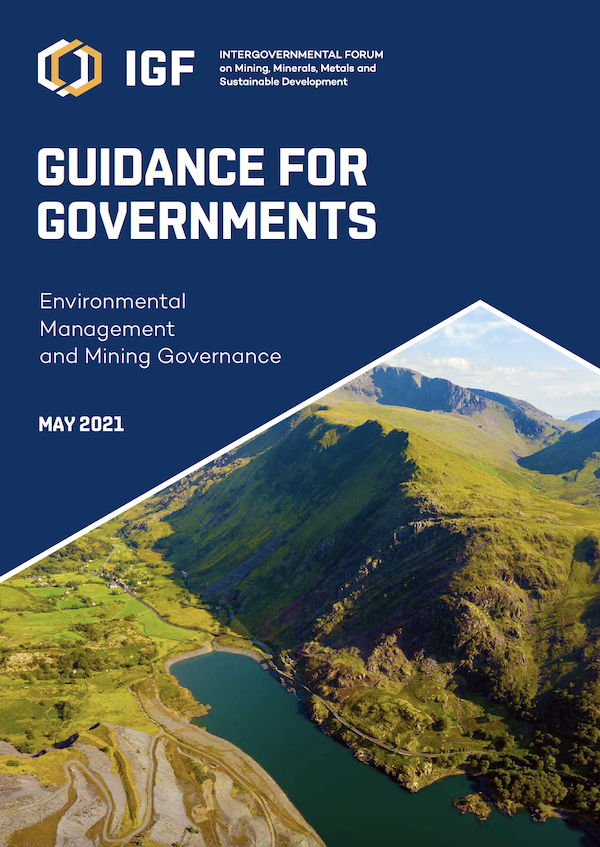Focal point
Location
Mission
Our mission is to build a fairer, more sustainable world, using evidence, action and influence in partnership with others.
Who we are
IIED is one of the world’s most influential international development and environment policy research organisations. Founded in 1971 by economist Barbara Ward, who forged the concept and cause of sustainable development, we work with partners on five continents. We build bridges between policy and practice, rich and poor communities, the government and private sector, and across diverse interest groups. We contribute to many international policy processes and frameworks, including the Intergovernmental Panel on Climate Change, the Millennium Ecosystem Assessment and the UN conventions on climate change and biological diversity.
What we do
IIED carries out research, advice and advocacy work. We carry out action research — generating robust evidence and know-how that is informed by a practical perspective acquired through hands-on research with grassroots partners — and we publish in journals and maintain high research standards. We advise government, business and development agencies, and we argue for changes in public policy. We focus on bottom-up solutions, stay open to flexible, adaptable solutions and are marked by a tradition of challenging conventional wisdom through original thinking.
Resources
Displaying 21 - 25 of 367Traditional leaders in Zambia shift gender norms and strengthen women’s land rights
For many decades communities in West and Central Africa have been facing industrial oil palm plantations encroaching onto their community land. With the false promise of bringing ‘developmentand jobs;corporations;backed up by the support of the governments;have been granted millions of hectares of land under concessions for industrial oil palm plantations. The results of this expansion have been disastrous for communities living in and around these industrial plantations and in particular for women.
Why simple solutions won’t secure African women’s land rights
Report;through a cross-sectoral analysis of three recent case studies from sub-Saharan Africa;maps out the most effective tools and approaches for strengthening rural women’s voices in decision-making processes. The authors examine which are the key factors enabling or constraining rural women’s voices;what the main challenges are that practitioners should be aware of;and how projects can ensure rural women are able to participate in and influence decision making affecting their livelihoods.
Routes to change: rural women’s voices in land;climate and market governance in sub-Saharan Africa
A report by Global Agriculture examines the agricultural impact of multinational land deals (aka ‘land grabbing’) which are found to be directly harmful to local food security and livelihoods. It describes the phenomena as when: “These international investors;as well as the public;semi-public or private sellers;often operate in legal grey areas and in a no man’s land between traditional land rights and modern forms of property.
Why simple solutions won’t secure African women’s land rights
For the past few decades, efforts to strengthen women’s land rights in many sub-Saharan African countries have primarily focused on a single approach: systematic registration through individual/joint certification or titling. While registration — individually or with a spouse — may support tenure security in specific contexts, the sheer complexity of land governance practices and tenure arrangements across the continent (both formal and customary) often render an emphasis on systematic titling inadequate.
IGF Guidance for Governments: Environmental management and mining governance
This guidance document is designed to help Intergovernmental Forum on Mining, Minerals, Metals and Sustainable Development (IGF) member states implement the IGF Mining Policy Framework (MPF). It focuses on the role that national governments can play in ensuring the effective and sustainable management of the environment and natural resources by the mining sector, using the legislative, regulatory, and policy tools and mechanisms at their disposal.






